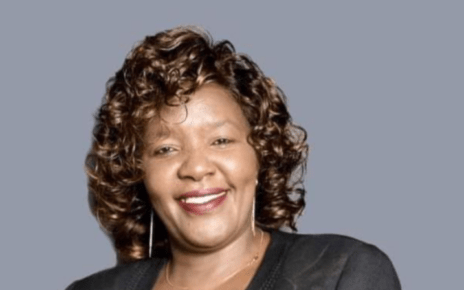Kenya Methodist University (KEMU) recently sparked controversy when it announced that it would ban certain types of hairstyles, clothing, and accessories on campus. Among the items banned were dreadlocks, crop tops, and miniskirts. This decision has been met with a mix of criticism and support, with some arguing that the university is imposing oppressive and discriminatory standards on its students, while others claim that these measures are necessary to maintain a sense of professionalism and order on campus.
One of the main arguments against the ban is that it is discriminatory against certain groups of people. Dreadlocks, for example, are often associated with the Rastafarian movement, which has roots in the African diaspora. By banning dreadlocks, KEMU is essentially telling students that they are not welcome on campus unless they conform to certain hairstyles and standards of appearance. This is especially problematic given the fact that Rastafarianism is a religion, and KEMU is effectively imposing its own set of religious values on its students.
Another issue with the ban is that it is overly broad and vague. For example, it is not clear what constitutes a “crop top” or a “miniskirt” under the university’s guidelines. This leaves students in a difficult position, as they may not know whether a particular item of clothing is acceptable or not. This could lead to arbitrary and inconsistent enforcement of the rules, which could have a negative impact on student life on campus.
Despite these concerns, there are also those who argue that the ban is necessary to maintain a sense of professionalism and order on campus. Some argue that the university has a right to set standards for dress and appearance, and that students should respect these standards. Others claim that certain types of clothing, such as crop tops and miniskirts, are inappropriate for a university setting and could be distracting to other students.
Overall, it seems that the ban on dreadlocks, crop tops, and miniskirts at KEMU has sparked a divisive debate that touches on issues of discrimination, freedom of expression, and professionalism. While the university may have legitimate concerns about maintaining a sense of order on campus, it is important that any rules and regulations are applied fairly and consistently, and that they do not unfairly target or discriminate against any particular group of students.



